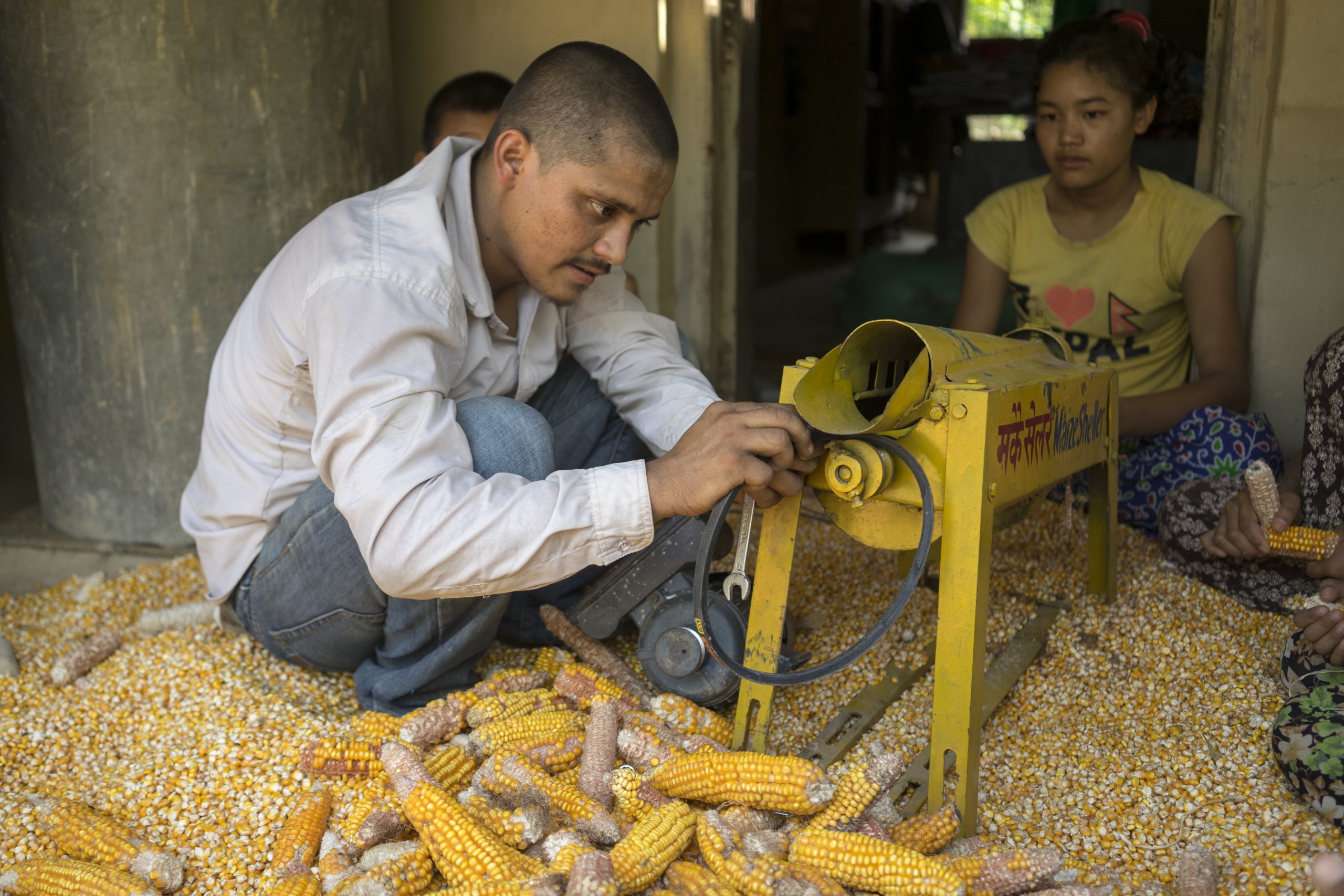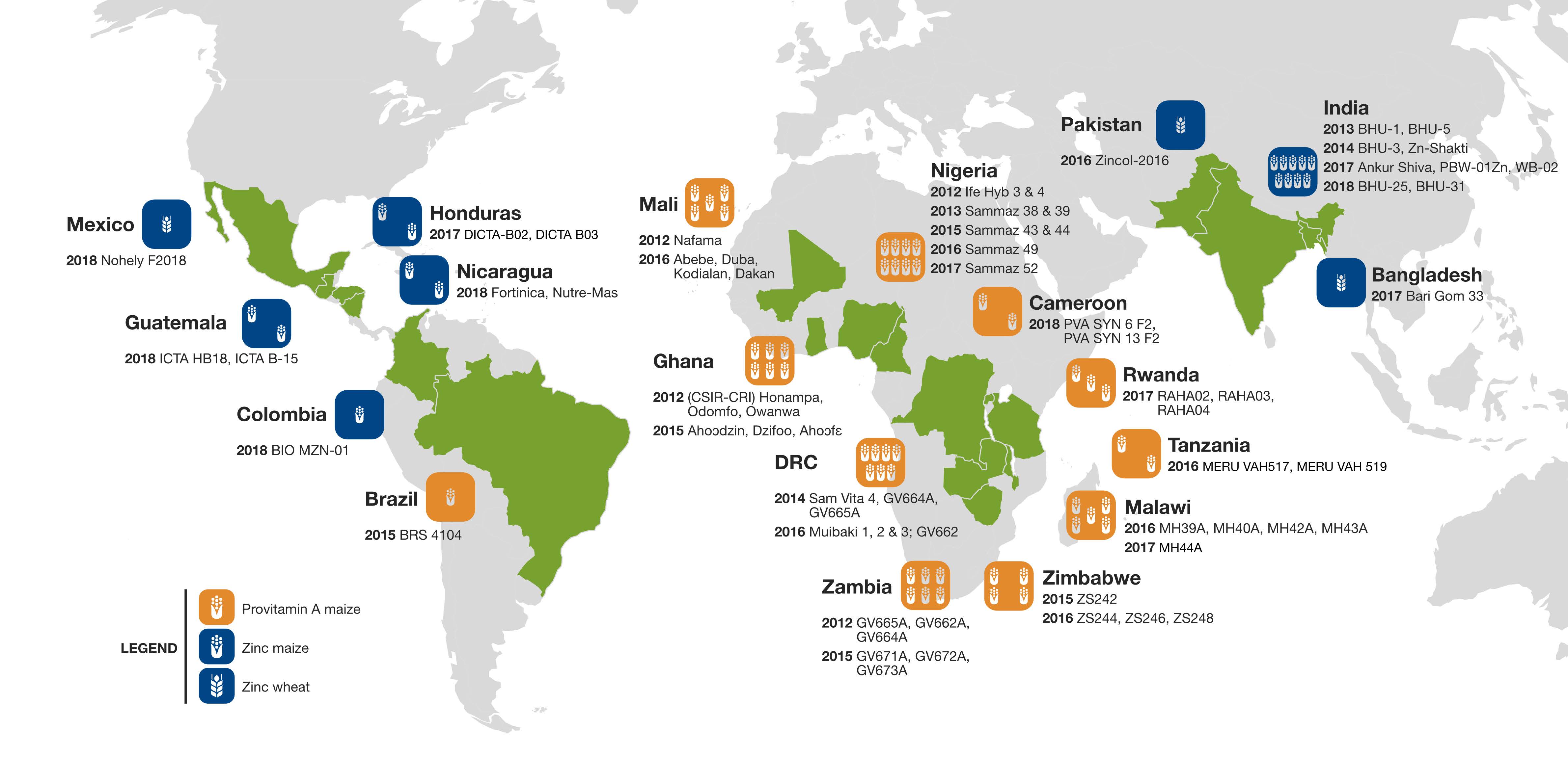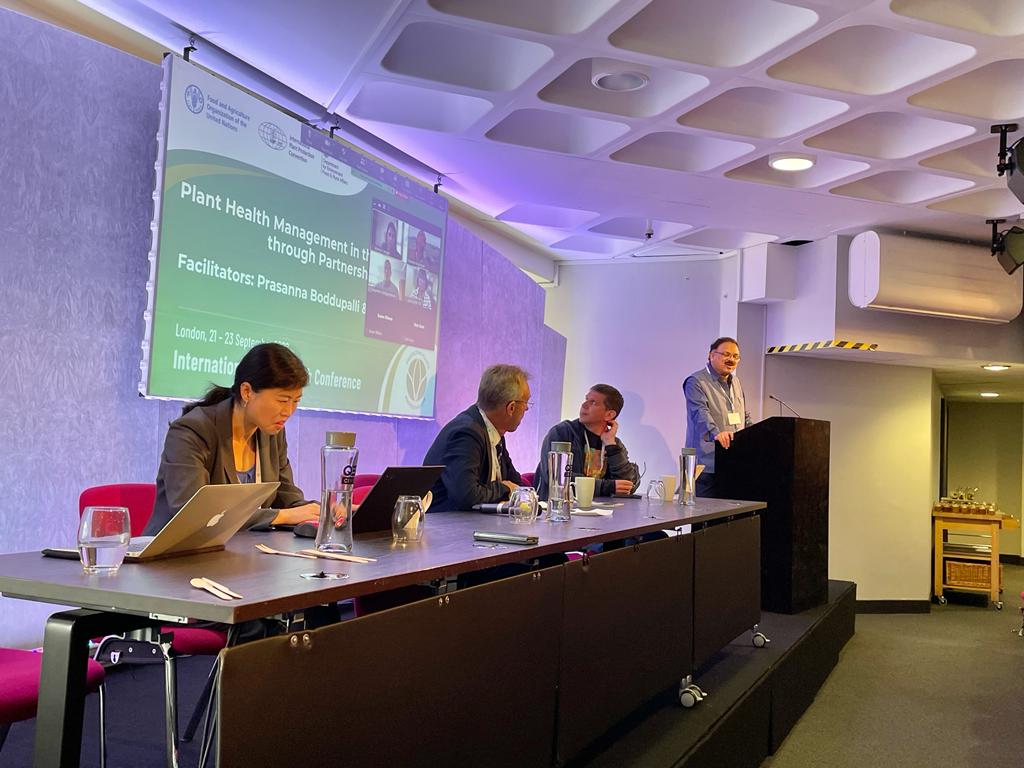
CGIAR research centers involved in the One CGIAR Plant Health Initiative joined forces at the International Plant Health Conference in London on September 21-23, 2022 to highlight the importance of global partnerships in effectively preventing and managing devastating pest and disease outbreaks in the Global South.
In an interactive side event on Plant Health Management in the Global South through Partnerships on September 21, the Plant Health Initiative team presented on and discussed: global diagnostic and surveillance systems against plant pests and diseases; risk assessment and preparedness for proactive response; integrated pest and disease management; mycotoxin mitigation strategy; and gender and social inclusion.
The CGIAR Plant Health Initiative, launched in January 2022, aims to protect agriculture-based economies of low and middle-income countries in Africa, Asia and Latin America from pest and disease outbreaks in major crops by leveraging and building viable networks across an array of national, regional, and international institutions.
Building on a track record of more than 50 years of impactful research, the Plant Health Initiative aims to develop and deploy solutions through partnerships, and to achieve impacts that contribute towards several Sustainable Development Goals (SDGs).
Healthy crops for a healthy planet
Showing the strength of partnerships in action, researchers from the International Maize and Wheat Improvement Center (CIMMYT), Alliance Bioversity-CIAT (ABC), the International Institute of Tropical Agriculture (IITA), the International Potato Center (CIP), and the International Food Policy Research Institute (IFPRI) highlighted the Initiative’s activities and sought feedback from the plant health experts participating in the session.
Martin Kropff, CGIAR Science Director of Resilient Agrifood Systems, welcomed the participants to the session. Prasanna Boddupalli, CGIAR Plant Health Initiative Lead & Director of CIMMYT’s Global Maize Program, introduced the Initiative and its scope, emphasizing the inclusive partnerships. This was followed by presentations from Monica Carvajal (ABC), Lava Kumar (IITA), Alejandro Ortega-Beltran (IITA), Nozomi Kawarazuka (CIP), and Yanyan Liu (IFPRI).
Time was dedicated to engaging participants through Mentimeter polling on specific questions related to plant health management. Participants also shared their views on plant health research coordination, capacity strengthening, and knowledge exchange between the Global North and Global South, with a focus on improving food security and livelihoods of smallholders.
The event was successful not only in generating greater understanding of the Initiative amongst the participants, but also in developing significant interest from the participants to contribute to the Initiative’s goals with collective actions, all for the benefit of smallholders in the low- and middle-income countries of Africa, Asia, and Latin America.
Establishing wider networks for plant health
The Plant Health Initiative team, together with Kropff, also had a productive discussion on September 22 with Osama El-Lissy, International Plant Protection Convention (IPPC) Secretary, on opportunities for joint actions on plant health management in the Global South by IPPC and the CGIAR Plant Health Initiative, together with national partners.
Boddupalli also participated in a workshop on September 20 organized by Euphresco, a network of organizations that fund research projects and coordinate national research in the phytosanitary area, at the Department of Environment, Food & Rural Affairs (DEFRA) in the United Kingdom, on shaping global plant health research coordination. The workshop participants discussed and endorsed several actions for advancing global plant health research coordination.
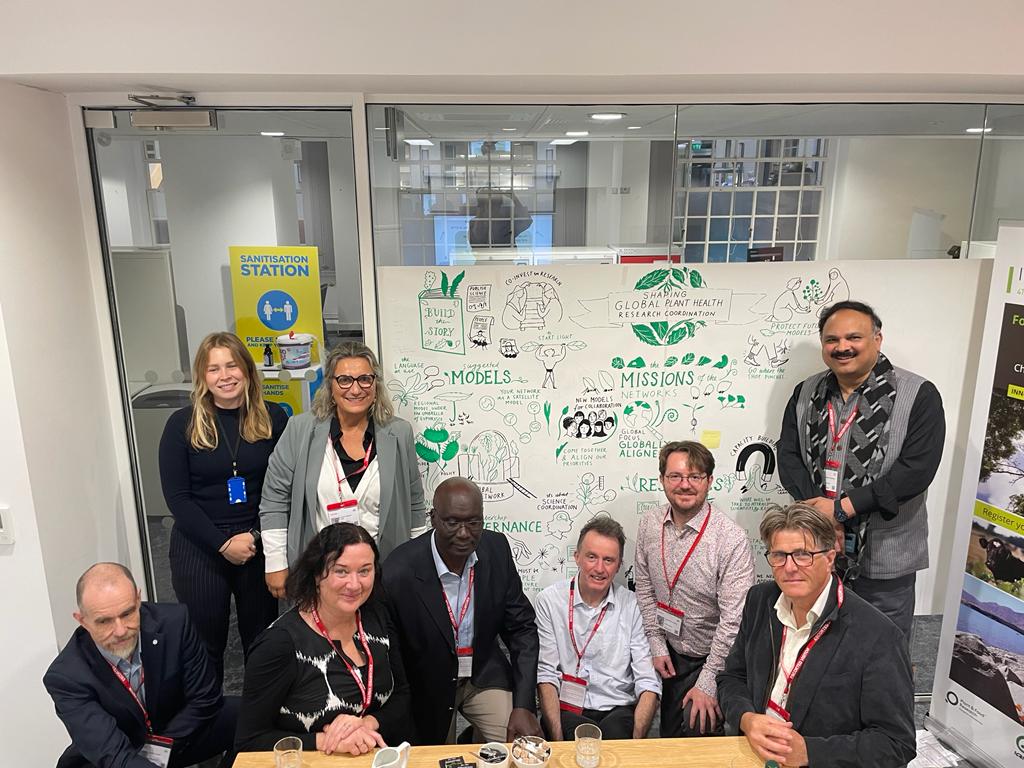
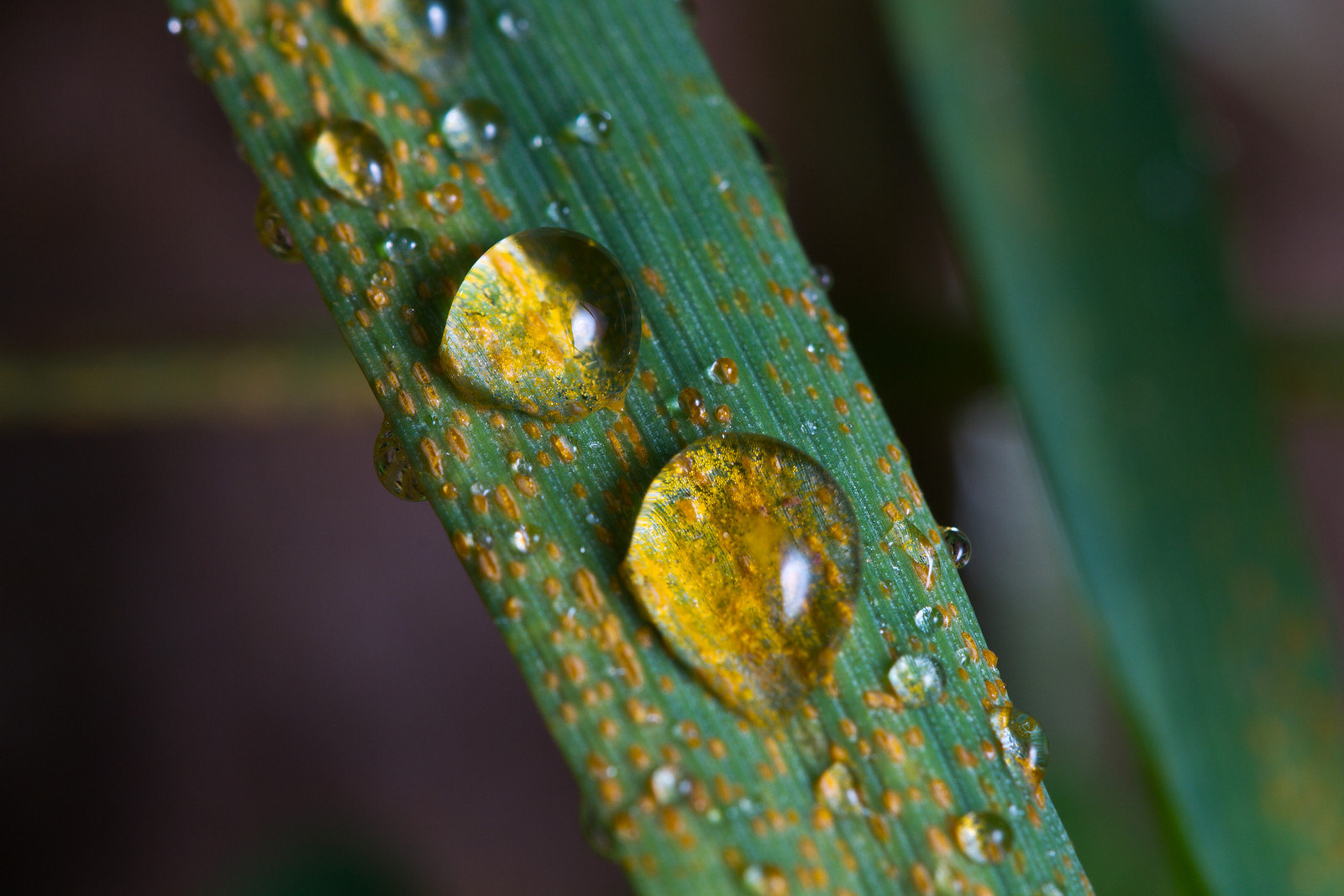
 Environmental health and biodiversity
Environmental health and biodiversity 